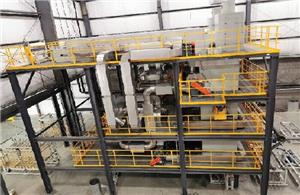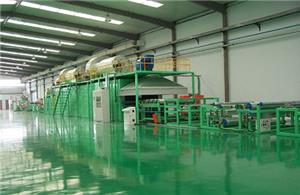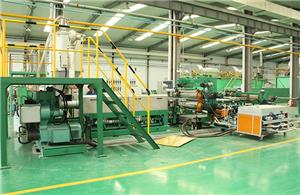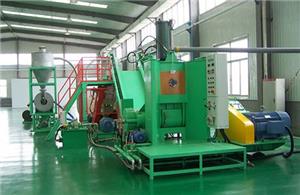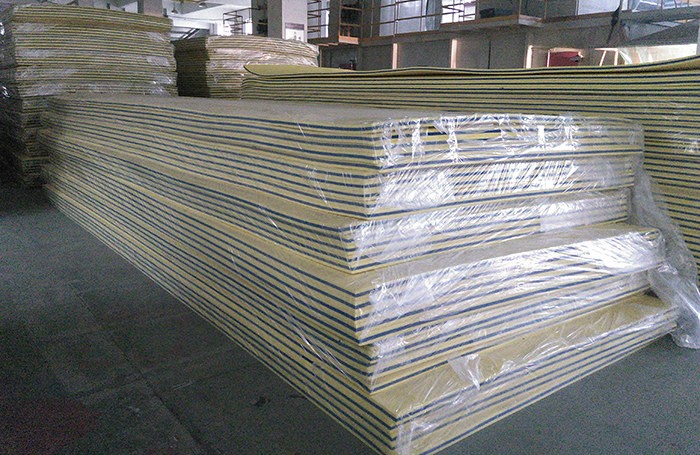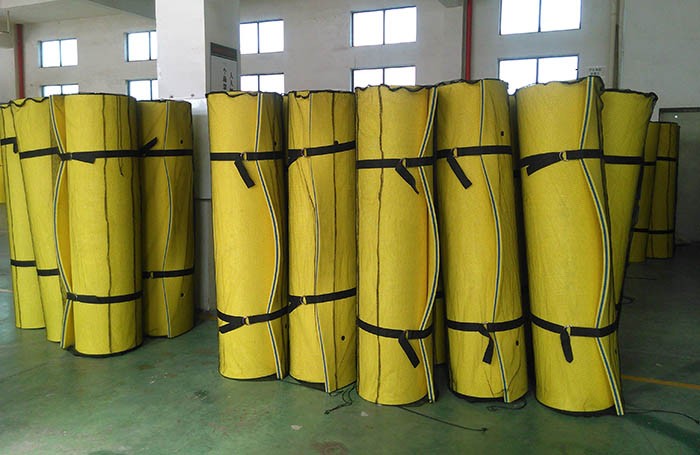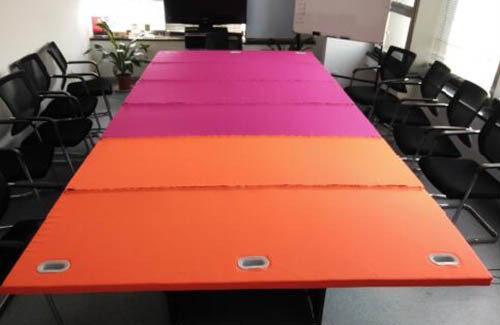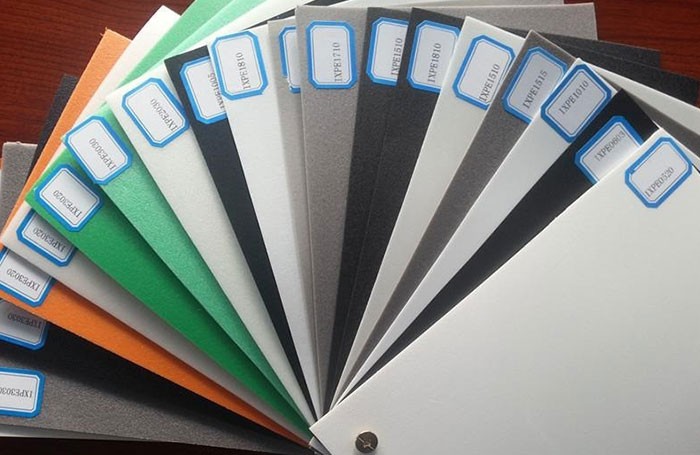
Crosslink Foam Floating Pad
Brand Qinding
Product origin China
PE crosslink foam floating pad is an environmentally friendly, thick-sized XPE composite pad made of PE crosslink foam material. PE crosslink foam material is not only non-toxic and environmentally friendly, but also can be used on water and land. The PE crosslink foam floating pad is composed of at least two PE crosslink foam material base materials, and the adjacent two PE crosslink foam materials are bonded into an integrated structure through thermal bonding. In order to make the PE crosslink foam floating pad more colorful, the two adjacent PE crosslink foam material foam substrates can be made of different colors.
1. Health and environmental protection
The substrate used in Crosslink foam floating pad is the widely recognized environmentally friendly materialcrosslink foam material, and the layer to layer bonding does not use glue or other materials for bonding, but in a high temperature environment, the adjacent two The surface of the crosslink foam material substrate is in a molten state. After cooling, the two crosslink foam material substrates are well combined into an integrated structure.
2. Safe and durable
Crosslink foam floating pad uses environmentally friendly materials through thermal bonding technology to increase the thickness and avoid scratches and other accidents caused by insufficient product thinness. A strap fixing hole is provided at one end to facilitate the product to be fixed in a certain position in the water or on land so that it will not drift to the depth of the water or the wind blows away after people leave, which affects safety. At the same time, there are safety ropes on both sides of the Crosslink foam floating pad. Even if they fall into the shallow water, the person in the water can grab the safety rope and climb onto the Crosslink foam floating pad.
3. Sufficient thickness
Since the base material used in the Crosslink foam floating pad is a closedcell crosslink foam material, the thickness of a single layer will not exceed 1cm. In actual use, defects such as deformation will occur, which poses safety risks. Through the multilayer composite process, the thickness of the product can theoretically be unlimitedly expanded to ensure safety and effectiveness.

